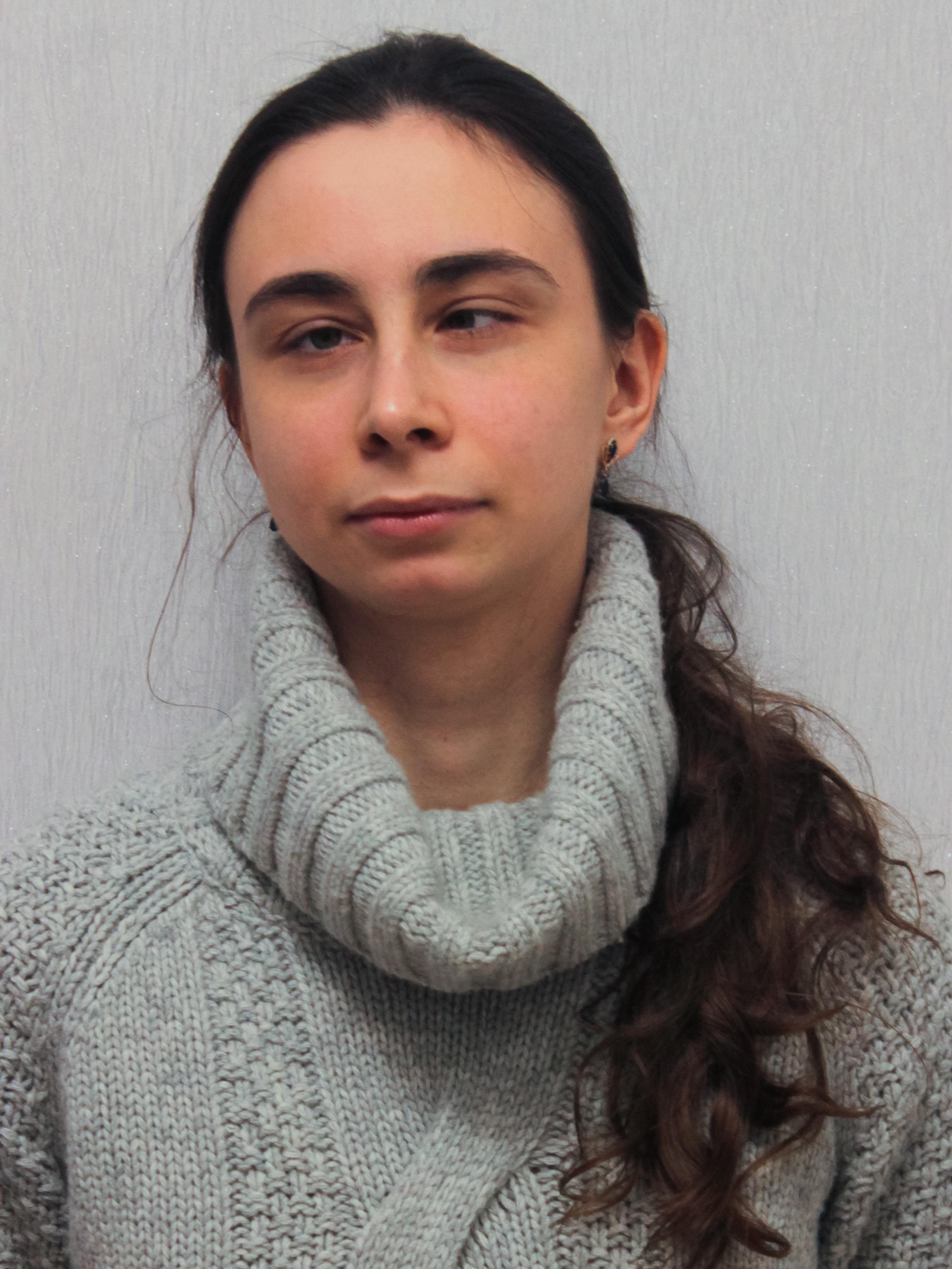The article analyzes J.А.S. Collin de Plancy’s convictions, presented in his two most famous works: “Infernal Dictionary” (1818) and “Critical Dictionary of Relics and Miraculous Images” (1821). In his works, the French author gave special attention to the reasons for the origin of both religion in general and various particular religious phenomena (belief in magic, worship of the remains of ancient heroes, the cult of saints and much more). Euhemerism played an important role in the Collin de Plancy’s theory. It played a dual role. On the one hand, the euhemeristic theory served as a method of “scientific” explanation for the emergence of the cult of ancient “minor gods”. On the other hand, it served as a tool for criticizing the veneration of relics as a part of the “fight against superstitions” after the manner of Enlightenment philosophers. The article analyzes in detail both lines of development of euhemerism, in particular those transformations that the “historical interpretation” underwent in the 18th century. The duality and eclecticism of the Collin de Plancy’s views was manifested not only in his attitude to euhemerism, but also in relation to religion in general. The ideas of the Enlightenment in the works of the French author were combined with views close to Protestantism. Such eclecticism and duality of the Collin de Plancy’s position caused an ambiguous assessment of his heritage in the context of the history of freethinking and philosophy of religion. This statement could be confirmed by the failed attempt to publish a “Critical Dictionary of Relics and Miraculous Images” in the Soviet Union in the 1920s – 1930s.
Key words: euhemerism, “Critical Dictionary of Relics and Miraculous Images”, age of Enlightenment, J.A.S. Collin de Plancy, criticism of superstitions, cult of saints
DOI: 10.22250/2072-8662-2024-3-103-109
About the author
 |
Elizaveta G. Bruk – PhD (Philosophy), Assistant at the Department of Philosophy of Religion and Religious Studies; St. Petersburg State University; 5 Mendeleevskaya liniya, St. Petersburg, 199034, Russia; This email address is being protected from spambots. You need JavaScript enabled to view it. |






